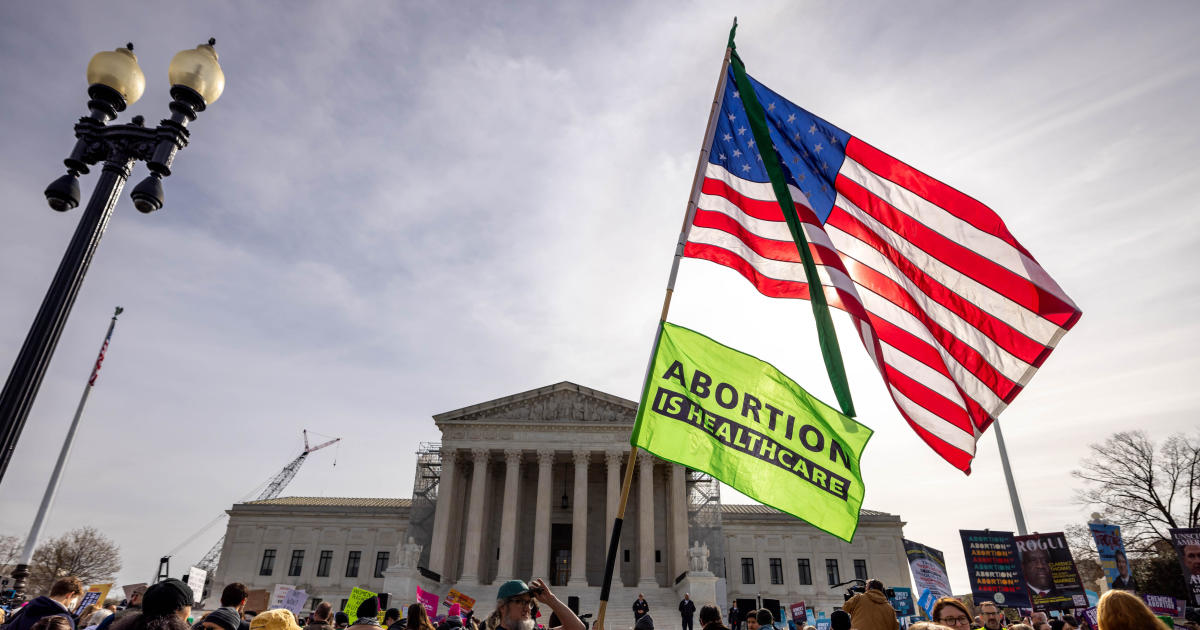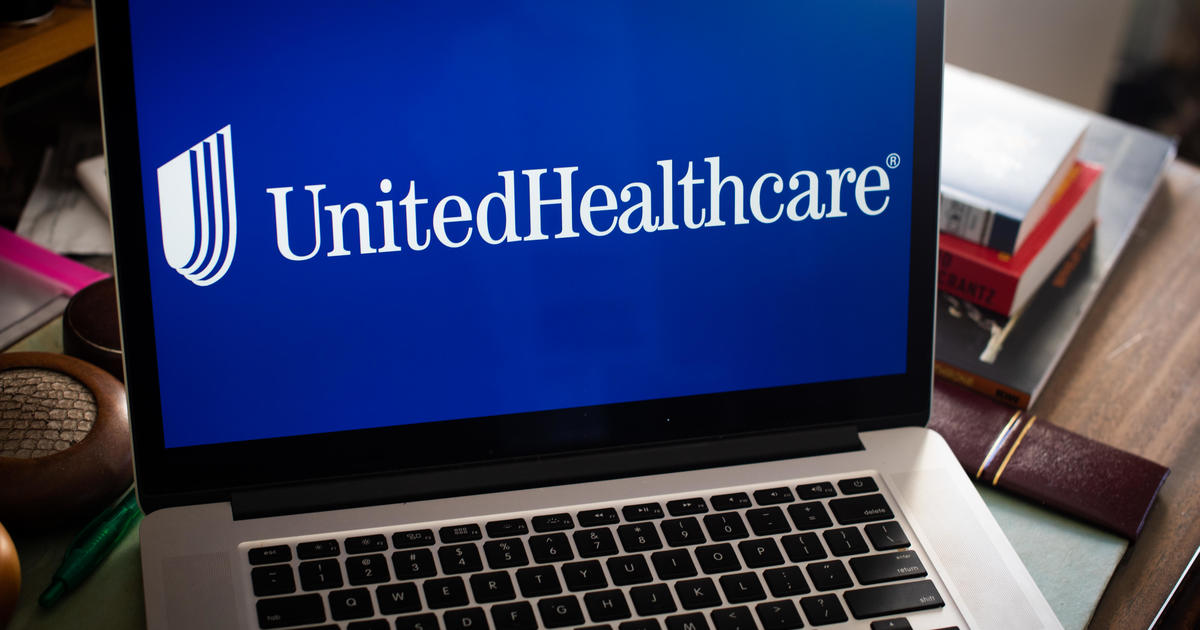Could Planned Parenthood survive without federal funds?
Under fire for much of its 100-year history, Planned Parenthood has survived bouts of controversy, legislative attacks and even violence. But the nation’s largest women’s health network these days faces what’s shaping into its biggest battle yet: the threatened loss of federal funding that represents more than 40 percent of its operating budget.
The defunding effort comes on multiple fronts, including as part of a larger debate over repealing and replacing the Affordable Care Act (ACA) as well as in separate bills proposed in recent days.
Planned Parenthood began receiving federal funds to provide services to low-income women starting in 1970, but since 1976 it has been barred from using public money for abortions. At stake in the current struggle now playing out on Capitol Hill is the roughly $500 million a year the organization gets, largely through Medicaid reimbursements, for services such as cancer screening, offering contraception and treating sexually transmitted diseases.
Given the number of patients that Planned Parenthood aids -- it operates 661 health centers that provide services to 2.5 million women and men annually -- many public health experts say community clinics would be unable to absorb those who lose Planned Parenthood’s care.
And unlike many private health care providers, Planned Parenthood accepts Medicaid patients and relies on private donations to make up the difference between the actual costs and the reimbursement rates.
Despite recent high-profile gifts -- such as a $1 million pledge from Facebook Chief Operating Officer Sheryl Sandberg -- it’s not realistic to expect donations alone to keep an organization as large and complex as Planned Parenthood going, according to Amy Friedrich-Karnik, senior federal policy adviser at the Center for Reproductive Rights.
“While donations are wonderful, it’s not the job of charity to provide millions of people with health care,” Friedrich-Karnik told CBS MoneyWatch. “There would be a shift in how Planned Parenthood operates,” should the group lose federal funds. Planned Parenthood did not return calls and emails asking for comment.
The Government Accountability Office (GAO) estimates that 390,000 women would lose access and up to 650,000 would face reduced preventive care within a year if Congress blocked Medicaid patients from Planned Parenthood.
“The burden disproportionately impacts the young and low income, or people who want to get confidential care,” said Alina Salganicoff, director of women’s health policy at the Kaiser Family Foundation, a nonprofit nonpartisan group that focuses on health care policy. “For a lot of women, Planned Parenthood is their only source of care,” she said, adding of the potential federal defunding: “There is no obvious way to replace that money.”
The defunding has the potential to hit rural areas and the economically vulnerable hardest, said Friedrick-Karnik.
“It’s a flawed notion to think Planned Parenthood patients can go somewhere else,” said Friedrich-Karnik. “It’s one thing for politicians to attack an organization, but lawmakers are really going after low-income women and their health care.”
Planned Parenthood gets some Title X grants to provide safety-net family planning for millions of Americans. In 21 percent of the counties where the group serves as the safety-net clinic, no other equivalent exists in the area, according to the Guttmacher Institute, a research and policy organization devoted to reproductive health rights. In many poor areas, the organization is the sole option for contraception and screenings for hypertension, diabetes and cancer.
Republican Joni Ernst, a U.S. Senator from Iowa, however, disputes the notion that hundreds of thousands of women would be left without health services. State and county health departments, community health centers and hospitals should be able to fill the gaps that would be created without Planned Parenthood, according to text of a bill sponsored by Earnst.
The legislation, which Ernst introduced on Jan. 30, would halt federal funding for Planned Parenthood and override a rule banning states from defunding the nonprofit health organization. The latter portion would reverse a Department of Health and Human Services (HHS) rule finalized by the Obama administration in December that prevents states from withholding federal funds -- including Medicaid and Title X family-planning money -- from Planned Parenthood.
Medicaid pays for the vast majority of family-planning services for low-income people, with the federal government picking up 90 percent of the tab and states covering the rest. The HHS rule came in reaction to bids by states including Texas to remove Planned Parenthood from their Medicaid programs.
Still, unlike similar efforts in prior years, the odds of the current attempts to defund Planned Parenthood succeeding are considered good, given the Republican majority in Congress and possession of the White House.
As Ernst and Rep. Diane Black, R-Tennessee, wrote in an op-ed in the Washington Examiner in January: “With a pro-life president in the White House and pro-life majorities in the House and Senate, we will continue to work together this year to undo the damage done by the Obama administration.”
A week ahead of Ernst introducing her bill, the House voted to ban the use of any federal subsidies to pay for insurance plans that offer abortion services. The measure intends to ensure that any replacement for Obamacare would include the same condition. Both the House and Senate have approved blueprints of reconciliation packages calling for a repeal of the ACA.
That said, Republicans have yet to agree on how exactly to replace the ACA, a detail that offers a glimmer of hope for those looking to keep the law -- and funding to Planned Parenthood -- going.
“There are some members that have voiced concern about repeal without replace, that could potentially stop the process,” said Salganicoff. “While the anti-choice majority in Congress made it clear this is one of their goals, linking [a defunding of Planned Parenthood] to dismantling ACA presents challenges of their own.”
The moves by Ernst and other Republicans come in the face of vocal public opposition. Planned Parenthood was among the entities to sign up as a partner for the Women’s March that by most every account drew a larger crowd in Washington than showed up for President Trump’s inauguration the previous day. The turnout also overshadowed the tens of thousands who participated in the annual March for Life that followed in late January.
Furthering the point, a Quinnipac poll released Jan. 27 found 62 percent of American voters are against defunding Planned Parenthood, and 80 percent are opposed if they knew federal money was being used only for nonabortion health services.
That sentiment was expressed in a surge of donations to Planned Parenthood in the wake of the November presidential election. Cecile Richards, the group’s president, has said 80,000 contributions had come in the days after Trump’s victory.
“Donations are way up, and can help offset some of this,” said the Kaiser Family Foundation’s Salganicoff. Still, “they would need to sustain it over many years, and it’s hard to envision an organization that loses 40 percent of their budget” continuing in its current form, she added.
If efforts to halt federal funding to Planned Parenthood succeed, the impact would be felt differently in individual states. “It depends on where women live -- some states, like California, have many Planned Parenthoods, while others, not so much,” said Salganicoff.
“I don’t think Planned Parenthood is going away,” she said. What’s in jeopardy, she added, is the group’s “capacity to continue serving women in the way that they had.”



